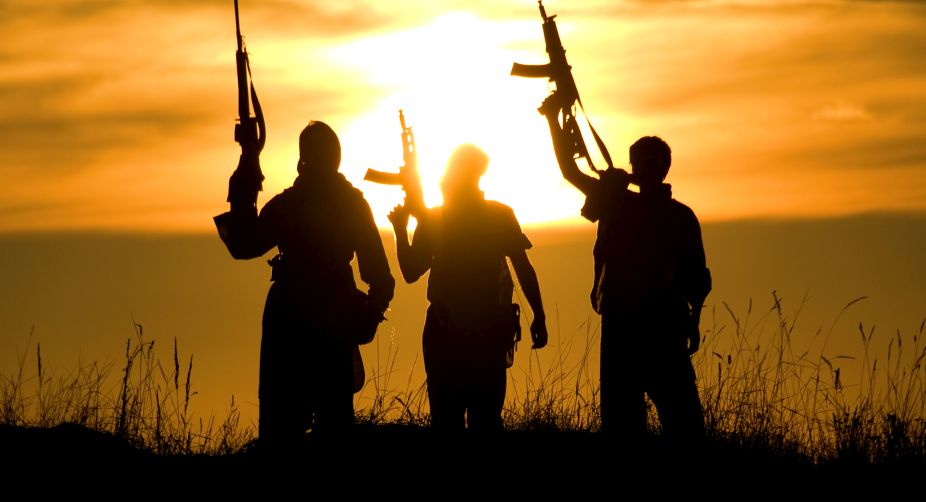The Americans never learn
The Arab Spring, which began in 2011, was dubbed as the starting point in removal of dictators in West Asia and North Africa.

(PHOTO: Getty Images)
Iraq declared the Islamic State group's "caliphate" was coming to an end after it recaptured Mosul's iconic Nuri mosque today, three years to the day after it was proclaimed by the jihadists.
The jihadist group announced its self-styled "caliphate" on June 29, 2014, encompassing swathes of territory its fighters overran in Iraq and neighbouring Syria.
Advertisement
Its rule since then has been marked by repeated atrocities including mass beheadings and other executions documented in photos and videos that its supporters share online.
Advertisement
"Counter-Terrorism Service forces control the Nuri mosque and Al-Hadba (minaret)," said Iraq's Joint Operations Command.
Prime Minister Haider al-Abadi hailed the recapture of the mosque as a sign of IS's impending defeat.
"We are seeing the end of the fake Daesh state," Abadi said in an English statement on his Twitter account, using an Arabic acronym for IS.
The US-led anti-IS coalition also said the end was near.
"I can't put a timeline on that for them, but I see it closer to days than a week or weeks," coalition spokesman Colonel Ryan Dillon said, referring to an announcement of Mosul's recapture.
IS's "so-called caliphate is crumbling… from the outside and from within," Dillon tweeted.
The Great Mosque of Al-Nuri and its famed Al-Hadba (hunchback) leaning minaret were Mosul landmarks and also held major significance in the history of IS rule in Iraq.
IS declared its "caliphate" in an audio recording three years ago.
A video released a few days later showed IS chief Abu Bakr al-Baghdadi speaking at Friday prayers at the Nuri mosque and calling on Muslims to obey him, his only known public appearance as "caliph".
Baghdadi's fate and whereabouts remain unknown, and IS has lost much of the territory it overran in 2014.
The jihadists blew up the mosque and minaret on June 21 as they put up increasingly desperate resistance to the advance of Iraqi forces.
Only the base of the minaret remains, and while the mosque's dome is still standing, much of the rest of it has been destroyed.
The loss of the iconic 12th century minaret — one of the country's most recognisable monuments sometimes referred to as Iraq's Tower of Pisa — left the country in shock.
But the destruction had been widely anticipated, with commanders saying IS would not have allowed Iraqi forces to score a hugely symbolic victory by recapturing the site.
IS claimed on its Amaq propaganda agency that the site was hit in a US air strike, but the US-led coalition said it was the jihadists who had "destroyed one of Mosul and Iraq's great treasures".
Russia has said it is seeking to verify whether the IS leader, whose whereabouts have been unknown for months, was killed when its warplanes hit the group's leaders in a night air raid in Syria last month.
Advertisement